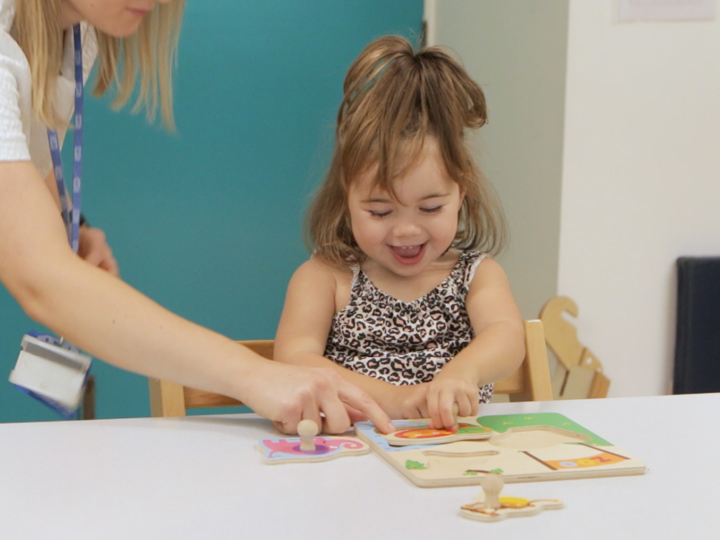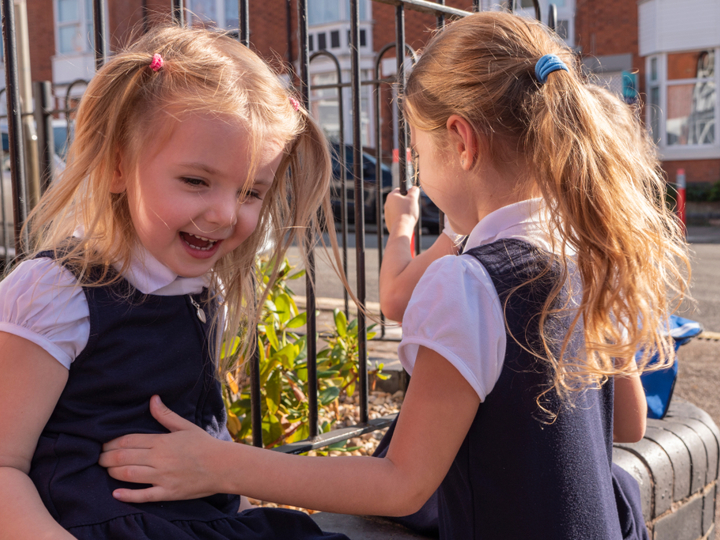Sensory differences

This page has a series of online learning sessions that have been specifically created to support families learn about sensory differences. Please take your time to watch through each session.
Explore the topics covered in this session:
Objectives of the session
- Have an awareness of the guidance from the Royal College of Occupational Therapists
- Have an understanding of the sensory systems
- Have an understanding of the strategies for every day activities to help motivate and build confidence
Sense of body position in space
The 5 senses carry information from the outside world, into the body. Our sense of body position and movement is provided by joints and muscles. Our sense of head position and movement is located in the inner ear. Some children may have difficulties with body awareness, spatial awareness and motor planning.
What is sensory processing
At each moment a person takes in information from the environment through their senses and within their body and interprets it. How the information is interpreted is unique to an individual. Some children may be oversensitive or under responsive and some may be under responsive in some areas. Factors such as tiredness, emotional response or level of interest also play a role.
How to stay in the right zone
Staying in the right zone is important for your child to feel alert and calm. Certain situations or times of the day can be unpredictable for a child. For example, the walk to school or lunchtime on the playground. There are things that you can modify and adjust to help your child feel more regulated throughout the day.
Observe carefully
It's important to look carefully at what your child is doing and what might be driving their behaviour. Your child's behaviour may be because of reinforced habits, copying others or emotional highs and lows. Modifying and adjusting the environment can help your child cope with their sensory processing difficulties.
Going out and about
Going out and about can sometimes be a challenge for children with sensory differences. There are lots of things you can do to help from planning the trip to building their confidence.
Food and hygiene activities
Your child may find certain activities difficult. This can include feeling confident about food, having their hair cut, sleeping, teeth brushing, bathing and washing. There are lots of different ways to help your child with their sensory differences to feel more confident and calm.
Useful information
Useful websites:
Last reviewed: 19 January, 2024

